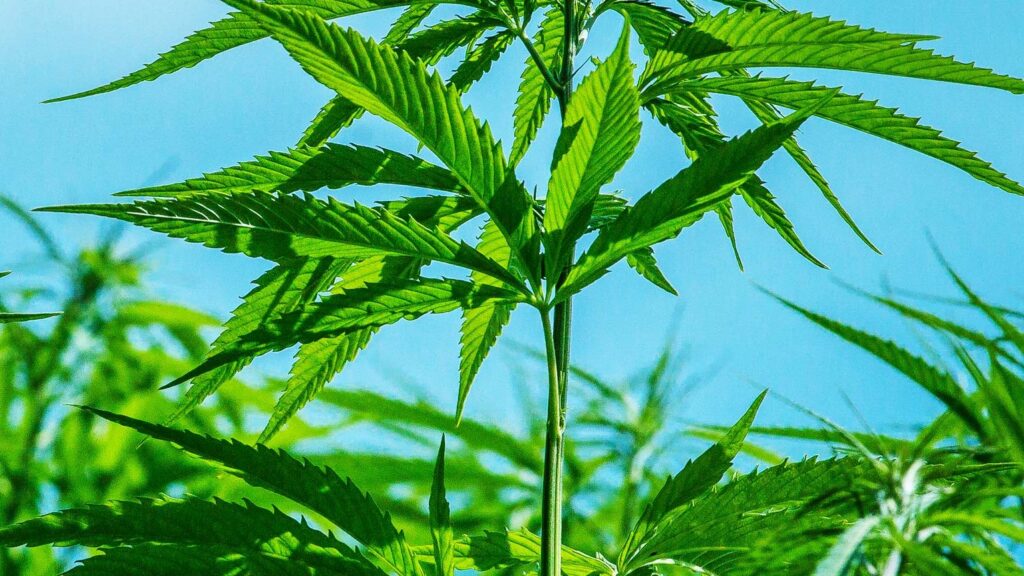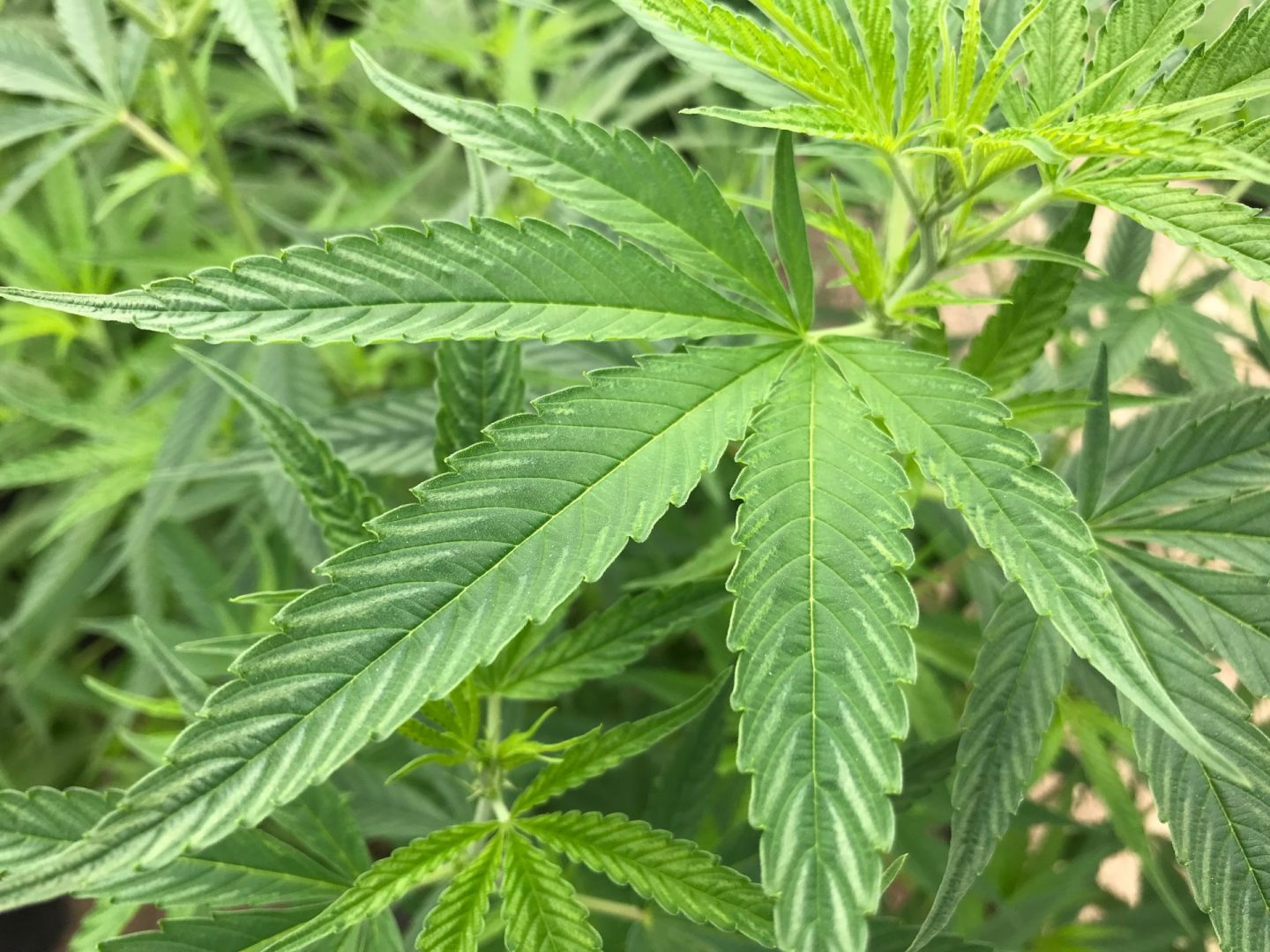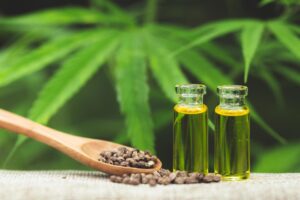The term “heat dome” has moved from a meteorological curiosity to a terrifying annual reality. These massive, persistent high-pressure systems trap warm air, turning entire regions into scorching ovens and pushing temperatures to unprecedented, life-threatening levels. For conventional agriculture, the consequences are catastrophic. A heat dome doesn’t just make a single day uncomfortably hot; it subjects crops to prolonged, intense thermal stress that can fundamentally disrupt their biological functions. Photosynthesis grinds to a halt, water uptake from the soil becomes a losing battle against rapid transpiration, and crucial reproductive stages like pollination are irreparably damaged. The result is often widespread crop failure, with yields plummeting and, in some cases, total agricultural loss. This phenomenon is a stark manifestation of a changing climate, and it poses an existential threat to our global food supply chain, straining water resources and pushing farmers to the brink. As we face a future defined by more frequent and intense heat domes, the need for a resilient agricultural alternative has never been more urgent.

A Resilient Plant’s Rise
Enter hemp, a botanical marvel whose very biology seems to be an answer to the challenges posed by extreme weather. Unlike many water-intensive crops, hemp’s deep taproot system allows it to reach and stabilize moisture reserves far below the surface, making it remarkably drought-resistant. While a kilogram of cotton fiber can require up to 20,000 liters of water, hemp can thrive on a fraction of that, often subsisting on rainfall alone in many climates. This resilience is not limited to drought; the plant is naturally pest-resistant, reducing the need for chemical pesticides that can further degrade soil health. Furthermore, hemp’s rapid growth cycle means it can be harvested quickly, often yielding two crops in a single season. This not only offers farmers a faster return but also provides a more dependable source of fiber and biomass in a world where a single, prolonged heat event can wipe out an entire year’s harvest of more delicate plants. Hemp’s ability to survive and produce in conditions where other crops fail makes it an essential component of a climate-resilient agricultural future.
The Carbon Sponge: A Climate Warrior
Beyond its physical hardiness, hemp offers a powerful solution to the root cause of heat domes: a warming planet driven by carbon emissions. Hemp is a phenomenal carbon sink, sequestering CO2 from the atmosphere at a staggering rate. Studies have shown that one hectare of industrial hemp can absorb more CO2 than an equivalent area of forest, with some estimates suggesting it can absorb between 8 and 22 tonnes of CO2 per year. This absorbed carbon is then stored within the plant’s biomass, which, when harvested and processed, can be used to create long-lasting products, effectively locking the carbon away from the atmosphere. This makes hemp a uniquely “carbon-negative” crop, as its cultivation and processing can result in a net removal of carbon from the air. By supporting the hemp industry, we are not just growing a versatile plant; we are actively engaging in a large-scale, natural process of climate mitigation, directly fighting the very forces that create heat domes in the first place.
Sustaining the Supply Chain: From Field to Market
The resilience of the hemp plant translates directly into a more stable and robust supply chain for a variety of products. For businesses, the ability to source a reliable and sustainable raw material is paramount, especially in a volatile climate. This is where the world of Hemp Wholesale becomes a cornerstone of a burgeoning green economy. Farmers growing this hardy crop can confidently supply processors and manufacturers, knowing their yields are less susceptible to the devastating impacts of a heat dome. This stability allows for consistent production of hemp-based textiles, biofuels, plastics, and supplements. The accessibility of this market is further expanded by the digital age, as consumers and retailers can now easily find and purchase a diverse range of products through Hemp Online platforms. This digital marketplace fosters transparency, connecting eco-conscious buyers with suppliers who are committed to sustainable practices, thus reinforcing the economic viability of hemp cultivation even in challenging environmental conditions.
Innovation and Insulation: Building a Better Future
The fight against extreme heat isn’t just about what we grow, but also about what we build. The stalks of the hemp plant, specifically the woody inner core known as the hurd, can be processed into a remarkable building material called “hempcrete.” This bio-composite is created by mixing hemp hurd with a lime-based binder, resulting in a lightweight, breathable, and highly insulating material. Hempcrete not only has a negative carbon footprint (locking away more carbon than it takes to produce), but its superior thermal properties make it an ideal choice for constructing buildings in an era of heat domes. It insulates homes against extreme temperatures, reducing the need for energy-intensive air conditioning and creating more comfortable, resilient living spaces. Furthermore, hempcrete is mold-resistant, fire-resistant, and non-toxic, offering a safer and more sustainable alternative to traditional building materials. The innovation driven by this versatile plant is creating tangible, structural solutions to help us adapt to a hotter world.
The Entrepreneurial Ecosystem: Branding a Sustainable Tomorrow
The versatility of hemp and its proven environmental benefits have created a powerful narrative for entrepreneurs and established brands alike. Businesses are no longer just selling a product; they are selling a promise of sustainability and a healthier planet. This is particularly evident in the Hemp White Label sector, where companies can partner with specialized manufacturers to create their own branded lines of hemp products—from CBD tinctures and topicals to eco-friendly textiles and foods. This model allows businesses to focus on marketing and brand building, leveraging the inherent positive story of hemp without the massive capital investment required for cultivation and processing. The rise of Hemp White Label services is democratizing access to the hemp industry, enabling a wider array of businesses to champion this climate-friendly crop. By putting their brand on products derived from a resilient, carbon-sequestering plant, they are making a powerful statement and giving consumers a direct way to support a sustainable future. In this way, hemp isn’t just a raw material; it’s a mission.
A Call to Action: Reconsidering Our Reliance
The recurring nightmare of heat domes serves as a powerful, undeniable warning. Our current agricultural and industrial systems are too fragile to withstand the escalating pressures of climate change. Hemp offers a compelling, multifaceted solution. It provides a resilient crop for food and fiber, actively combats climate change by sequestering carbon, and provides innovative materials for a more sustainable and heat-resistant built environment. The pathways to support this industry are clearer than ever, from sourcing Hemp Wholesale for businesses to purchasing Hemp Online for personal use, and building a brand through Hemp White Label partnerships. It’s not just a matter of changing our crops; it’s a matter of changing our perspective. Hemp is more than just a plant; it’s a critical tool in our arsenal against the heat domes of tomorrow, and it’s a powerful reason why this remarkable crop must be here to stay.
Elevate your brand with a foundation of resilience and sustainability. NanoHempTechLabs offers premium Hemp Wholesale products, sourced from a crop that thrives where others fail, ensuring a stable and ethical supply chain. Our commitment to quality and climate-friendly practices makes us the ideal partner for your business. Leverage our expertise with our flexible Hemp White Label services to launch your own line of products, from tinctures to textiles. Partner with a brand that’s built for the future. Ready to grow? Schedule a call with NanoHempTechLabs today to explore our wholesale and white-label solutions!
Reference:
Abdellatef, Y., Khan, M., Khan, A., Alam, M., & Kavgic, M. (2020). Mechanical, thermal, and moisture buffering properties of novel insulating hemp-lime composite building materials. Materials, 13(21), 5000. https://doi.org/10.3390/ma13215000
Gill, A., Loveys, B., Cavagnaro, T., & Burton, R. (2023). The potential of industrial hemp (cannabis sativa l.) as an emerging drought resistant fibre crop. Plant and Soil, 493(1-2), 7-16. https://doi.org/10.1007/s11104-023-06219-9 Janowska-Renkas, E., Król, A., Klementowski, I., & Sokolski, M. (2025). Hemp concrete with mineral additives as a durable and fire-resistant material in green construction. Materials, 18(9), 1905. https://doi.org/10.3390/ma18091905





